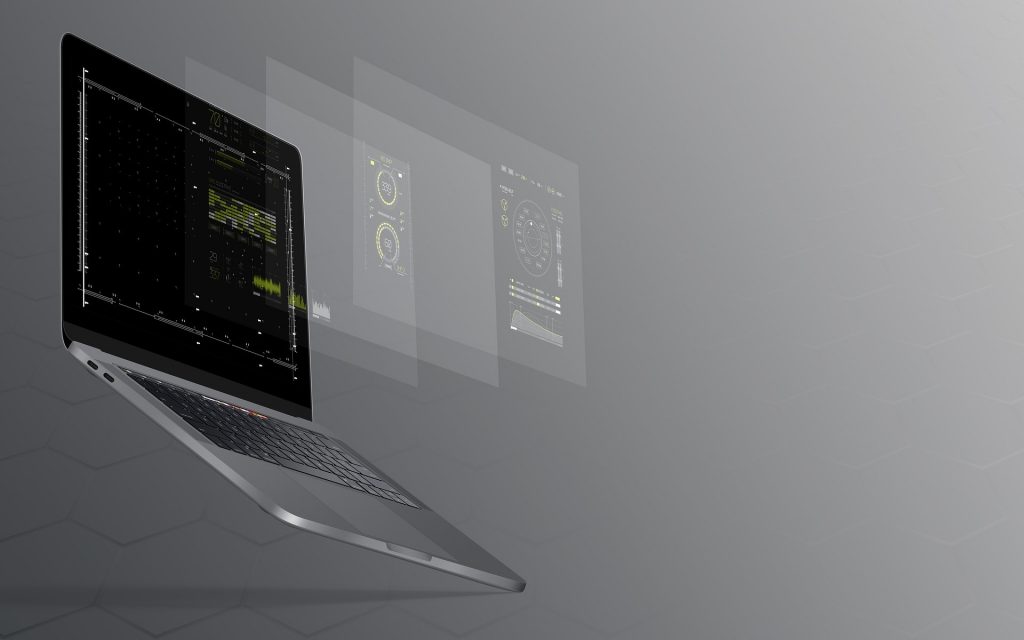Legal professionals have pervaded every aspect of the lives of the common man, from businesses, or writing a will to going through a divorce or buying a home. However, this traditional image of legal services is all set to change with large scale disruptions through in the introduction of innovation and the growth of automation. The rise of the Internet has made consumers go online to seek advice and guidance on legal matters that were hitherto given by experienced lawyers. Hence to stay relevant it is necessary that the legal luminaries adapt themselves to the changing times.

What has made things easy for technology to bond with the current legal setup; is the tremendous scope for innovation in this field. Legal services that have recently changed little is now being forced to come out of its comfort zone. The rise in communication technology has led lawyers to outsource legal services and upload documents to experienced agencies seamlessly and in a fully secured environment. Consumers too have gained a better insight into the legal profession through online searches giving rise to concerns about fee structures especially among low-income groups. This has led to pressures for reduction of existing charges.
These factors have led to law firms exploring the legal support services market so that new innovations and automation can streamline the legal sector.
One of the ways that automation and advanced technologies will take over the legal industry will be the manner in which the courts function, in fact, the whole legal profession. The focus now is on local jurisdiction or domestic jurisdiction and even national jurisdiction. In the modern era of globalization all that is set to change. Businesses operate in a global environment and they would want a network where they can have easy local access to arbitration or dispute resolution. This is regardless of the country they are operating from.
The key here is that courts of the future will be connected and the concept of standalone courts will slowly pass into oblivion. A somewhat similar exposure of the legal profession to international levels was witnessed with the rise of external legal support services that provided impeccable and top quality legal backup to law firms from around the world. This was when these firms realized that to improve the bottom line, there was no alternative to outsurcing.
Today, a great deal of thought is being given to use Blockchain technologies and increase operating efficiencies of the legal sector. What will be embedded into the Blockchain; will be for example smart contracts, smart laws, smart regulations. It is quite possible that the judge might have to be an expert in coding apart from being an expert in law. The point then is that if innovation and automation have to walk together, a new set of training programmes and courses have to be structured that takes all these things into account.

However, implementing these new changes requires a radical and paradigm shift in the manner in which courts and the legal profession function today. Hence, the movers and shakers of the profession have to come together and decide on the future of law, future of courts, future of arbitrations and how these issues can be addressed.
Some of the areas where legal professionals have been forced to acknowledge current realities of innovation and automation are –
- Ranking and review information – This was previously a very difficult proposition. But today, all details about the legal profession are increasingly available and clients can before retaining them assess the quality of their work. Similarly, law firms can evaluate the worth of external agencies before deciding to outsource legal services.
- Online service delivery – The legal profession is increasingly taking the benefit of several online digital platforms currently available to serve clients based in remote locations with the same level of efficiency as before.
Summing up, it can be said that innovations in and automation the legal sector is not about minor process improvements only. There is potential to redefine the practice of law and take it beyond international borders in keeping with the modern globalization trend prevailing in all industries around the world.
Image Credit:
Shutter Stock
Summary:
Innovation in technology is driving every business process and legal sector is no exception in this regards. After so many decades, working with piles of paperwork, researching for information in the library; legal companies have left behind their traditional models and embracing advanced automating tools.
Tags:
Legal, Automation, Blockchain, Outsourcing, Technology, Law Firms, Lawyers
Author Bio:
Alika Cooper writes about outsourcing, technology and the business. She is passionate about customers and building products that change the way people run their business. She is also a big supporter of the startup community and teach professionals how to think about and use technology in their business and does regularly for her clients at Cogneesol.com.


